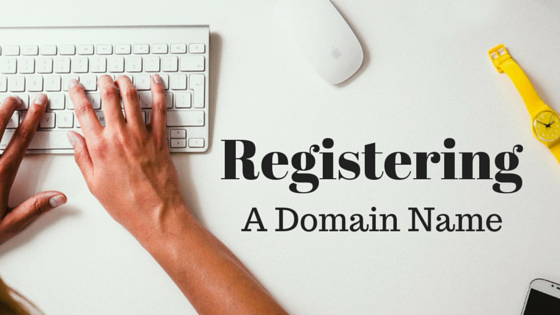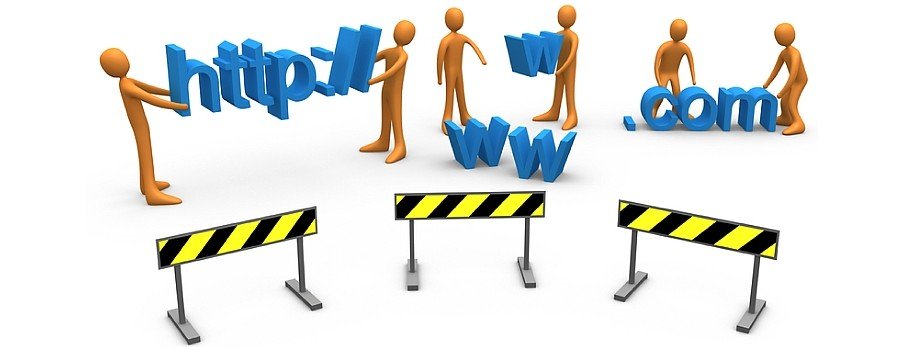Even though several consumers still prefer to shop in real-world retail environments, spending habits are changing all the time. In fact, by 2020 some experts predict that 90 per cent of transactions will take place online or be internet-influenced.
For this reason alone, it makes sense for every business to have some sort of presence online. But for entrepreneurs and enterprises that aren’t overly tech-savvy, this can be a daunting prospect.
So, from domain names through to the issue of web hosting, here is a beginner’s guide to getting online featuring everything you need to know.

Registering a domain
First and foremost, you will want to register yourself on the Internet by purchasing a domain name. This is the address or ‘URL’ that customers will type into their browser window to access your website.
The most obvious domain choice will be the name of your business. But if it is too long or not available, you will need to go for something clear, concise, and memorable, preferably containing words or phrases relating to the business.
You will also be given a choice of extensions, such as .com or .net. These are the most popular kinds of domains, but in recent years more extensions have been made available, which often relate to the nature of the business. For instance, you could have .shop, .tech, or .club.
Setting up a website
There is a chance that your domain name provider will also have the tools to create a website. Take WordPress for example, which not only sells domain names but also enables anyone to build a blog-based website with easy-to-use templates and themes.
The simple and straightforward nature of WordPress means it is the world’s most popular online publishing platform, which currently powers more than 26 per cent of the web.

Your other option is to employ the services of a dedicated website designer or developer. But while you will benefit from a tailor-made site that meets your exact wants and needs, the cost of going down this route can get expensive.
Hosting a website
With your registered domain and a fully functioning website, it is time to go online. But in order for this to happen, you effectively need to buy a piece of the Internet, which is where your site will live and be accessible to online audiences. This is known as web hosting.
When it comes to picking a web host, a lot will depend on the size of your website as well as the amount of traffic you are likely to receive. Prices vary according to things like the server, storage, and bandwidth.
The vast majority of small businesses will choose the cheapest and easiest option, usually a shared service. However, it is often more beneficial to choose a package that can scale up in the future and won’t suffer from reliability issues, as you never know how popular your site might become. There are also solutions specifically designed for the site’s primary platform, such as WordPress.
So, while the world of websites might seem a little confusing, getting online has never been easier. Get the basics straight and you’re away.
